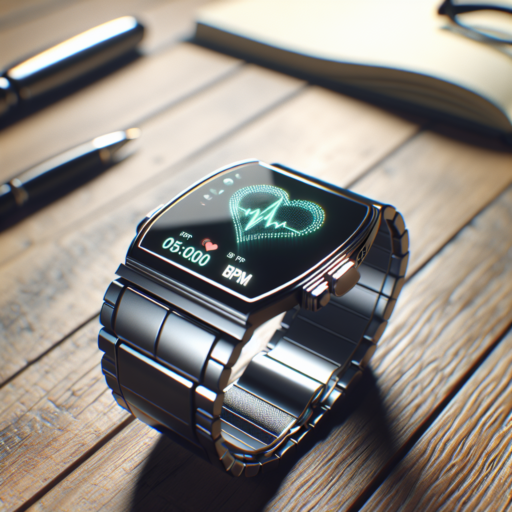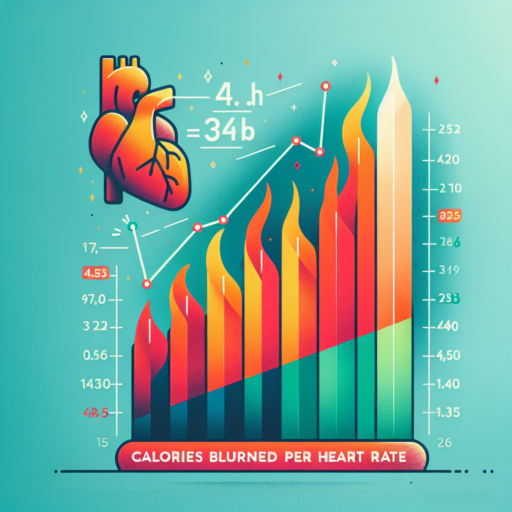What is the most accurate watch for heart rate?
Finding the most accurate watch for heart rate tracking is crucial for both fitness enthusiasts and individuals monitoring their heart health. With the advent of wearable technology, the accuracy of heart rate measurements has significantly improved, offering users reliable data to tailor their exercise routines and monitor health conditions. However, not all watches are created equal when it comes to precision in heart rate monitoring.
Several factors contribute to the accuracy of a heart rate watch, including the sensor technology, the positioning of the watch on the wrist, and the algorithm used to interpret raw data. Watches that use advanced photoplethysmography (PPG) sensors combined with sophisticated algorithms tend to provide the most accurate heart rate measurements. These devices work by emitting light into the skin and measuring the variation in light absorption, which occurs with each heartbeat.
It is essential to wear the watch snugly above the wrist bone for optimal accuracy. A watch that is too loose may record inaccurate readings due to insufficient contact with the skin or excessive movement. On the other hand, a watch worn too tightly can restrict blood flow, also leading to incorrect data. Hence, the way the watch is worn plays a significant role in the accuracy of heart rate measurement.
Are watches accurate for heart rate?
Wearable technology has revolutionized the way we monitor our health, including our heart rates. Yet, the question of their accuracy persists. When it comes to measuring heart rate, the methodology employed by these wearable devices, primarily photoplethysmography (PPG), plays a pivotal role in determining their precision. This technique detects blood volume changes in the microvascular bed of tissue, offering insights into your heart rate. However, the accuracy can be influenced by various factors like movement, ambient light, and even the tightness of the watch strap.
Studies have shown that under controlled conditions, such as when the wearer is at rest, modern wearable devices can achieve remarkable accuracy in heart rate monitoring. It’s a testament to the advancements in both the hardware, like improved sensors, and the software algorithms that interpret the data these sensors collect. These improvements have narrowed the gap between the readings of wearable devices and those of traditional medical equipment used for monitoring heart rate.
Nonetheless, it’s essential to acknowledge the limitations that still exist. For instance, during rigorous physical activity or in situations with rapid changes in heart rate, the accuracy of wearable watches tends to diminish. This discrepancy arises from the motion artifacts that interfere with the sensor’s ability to accurately detect the blood volume changes. Moreover, factors such as skin tone, tattoos, and scarring can also affect the precision of the heart rate reading provided by your watch.
What is the best smart heart rate watch?
Finding the best smart heart rate watch is essential for those who are serious about tracking their heart health and fitness levels. With a plethora of options available in the market, it becomes a daunting task to choose just one. However, factors such as accuracy, durability, and additional health tracking features play a critical role in determining the best fit for your lifestyle.
Accuracy of Heart Rate Monitoring
The primary function of a heart rate watch is to monitor your heart rate accurately. The best models utilize advanced sensors and algorithms to provide real-time heart rate data. This feature is crucial for athletes and fitness enthusiasts who rely on precise heart rate readings to optimize their training and recovery.
Wearable Comfort and Durability
Another important aspect to consider is the comfort and durability of the smart heart rate watch. A lightweight design that can withstand daily wear and tear, and is water-resistant, makes for an ideal choice. It should offer a snug fit on your wrist to ensure accurate heart rate readings while being comfortable enough to wear all day and during all types of physical activities.
Additional Health Tracking Features
Beyond just heart rate monitoring, the best smart watches come equipped with a variety of health tracking features. Look for devices that offer sleep monitoring, stress tracking, and VO2 max readings to get a comprehensive overview of your health and fitness. Furthermore, connectivity with smartphones and other devices allows for seamless integration with health apps, enhancing the overall utility of the watch.
No se han encontrado productos.
What watch detects heart problems?
In the landscape of wearable technology, a significant advancement has been the development of smartwatches with the capability to monitor heart health. These innovative devices have introduced a new frontier in proactive healthcare management, empowering individuals with the tools to detect potential heart issues before they escalate. One of the leaders in this arena is the Apple Watch, lauded for its precision in monitoring heart rhythms and alerting users to irregularities.
Key Features for Heart Health Monitoring
- Electrocardiogram (ECG) App: Watches like the Apple Watch Series 4 and later models come equipped with an ECG app. This app is capable of generating an ECG similar to a single-lead electrocardiogram, providing critical data that can indicate the presence of atrial fibrillation, a serious form of irregular heart rhythm.
- Heart Rate Notifications: Smartwatches not only continuously monitor your heart rate but also send notifications if an unusually high or low heart rate is detected, which could be indicative of a heart issue that requires further medical investigation.
Contemporary smartwatches also boast features like the Blood Oxygen app, which can provide insights into overall cardiovascular health by measuring the oxygen level in the blood. While these functionalities do not replace professional medical diagnosis or treatment, they serve as a helpful tool in the early detection of potential heart-related problems.
In summary, the role of smartwatches in detecting heart problems is an evolving aspect of health technology, with the Apple Watch standing out as a prime example of how modern technology can be leveraged to support heart health. Users are advised to consider these devices as part of a holistic approach to health monitoring, complementing traditional healthcare practices rather than replacing them.




